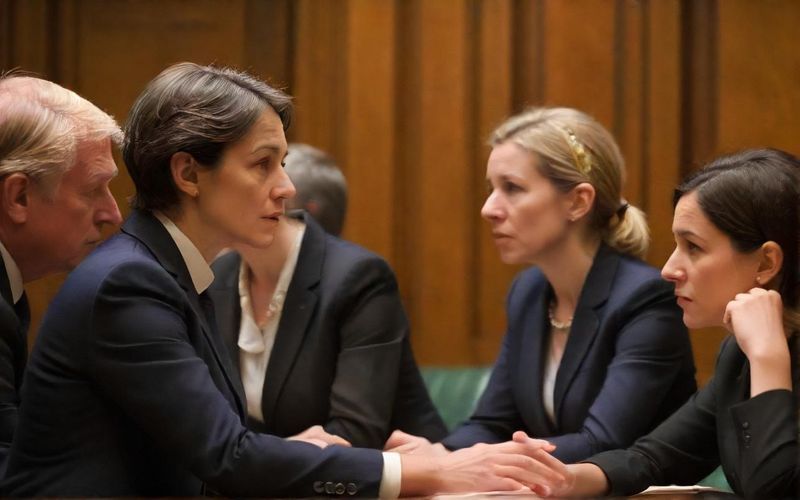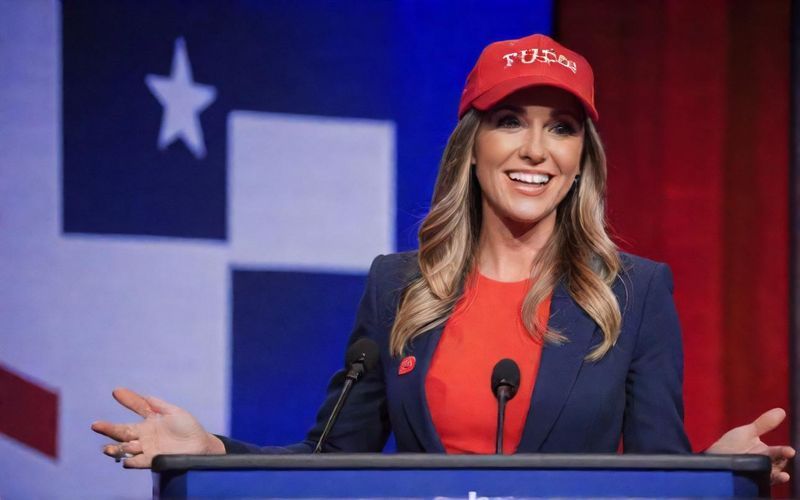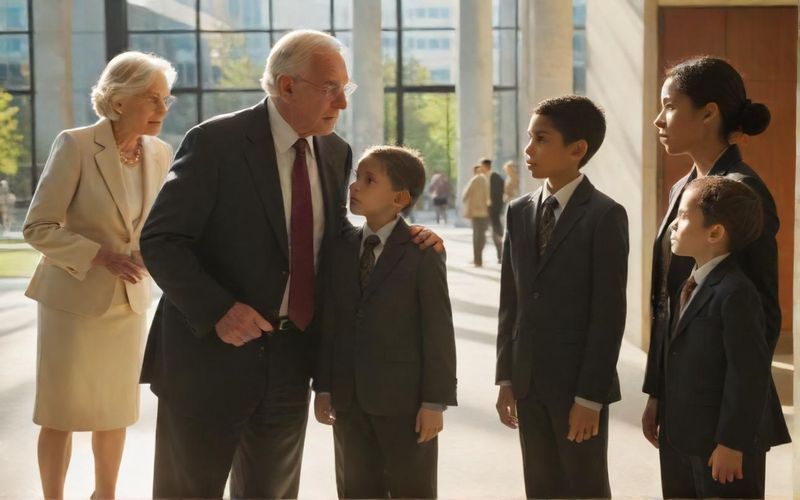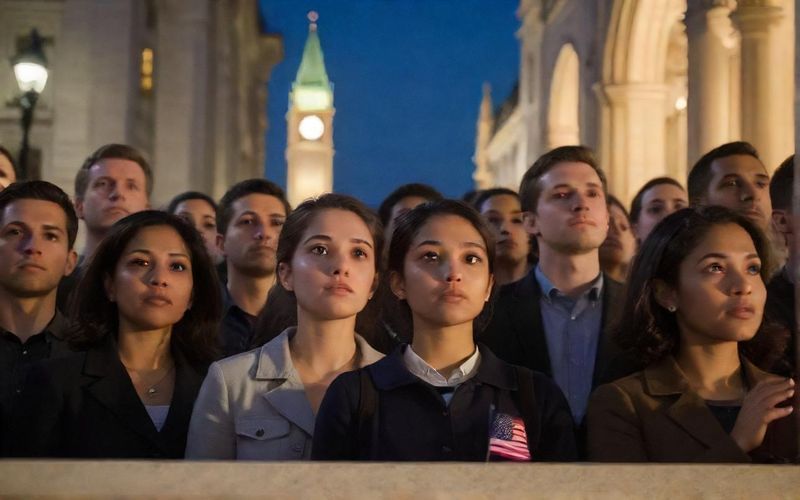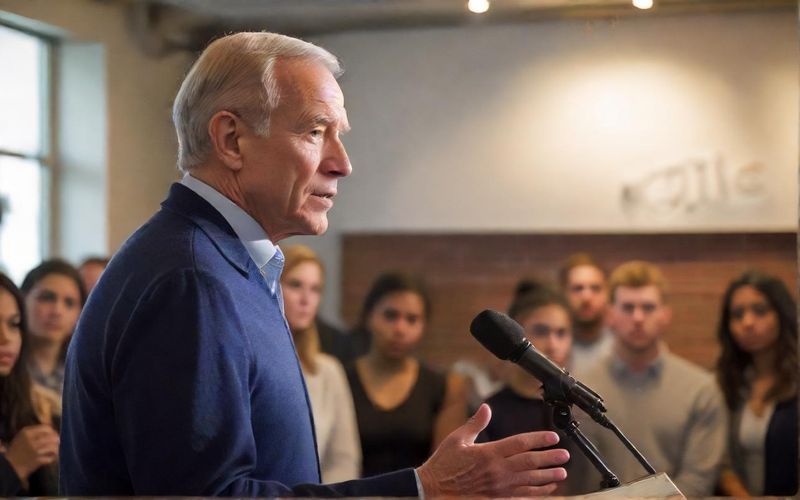Mamdani election sparks Sadiq Khan comparison
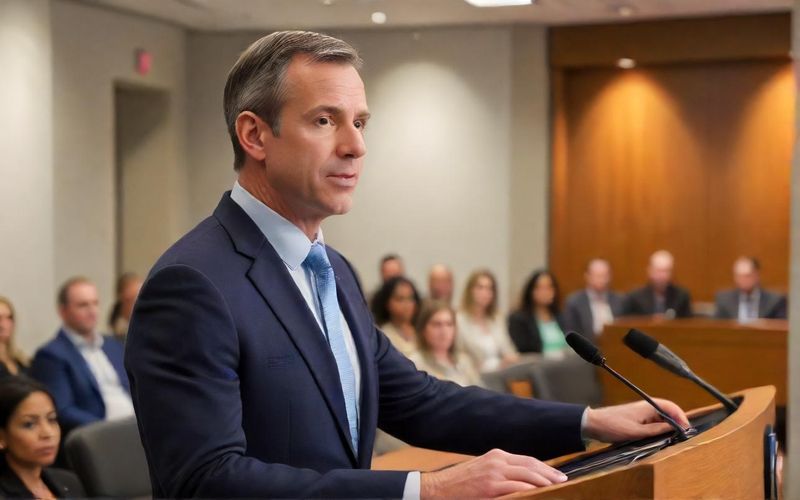
Sadiq Khan, having served as London Mayor for a significant period, has navigated the often choppy waters of international scrutiny. His tenure has been marked by the constant hum of global opinion, sometimes amplified by figures like Donald Trump, who seemed to find a convenient antagonist in the London mayor. This international profile, while a testament to Khan's prominence, also highlights the unique pressures faced by leaders who represent cities with significant global ties and diverse populations. The question for New York, as it was for London, becomes whether a leader’s identity and their approach to complex geopolitical issues will define their legacy, or if it’s their ability to address the bread-and-butter concerns of their constituents that truly matters.
In New York, Mamdani’s victory has been particularly polarizing, especially concerning his outspoken criticism of Israel and his characterization of its military campaign in Gaza as genocide. This stance has deeply alarmed many Jewish voters and figures in Israel, who fear it signals a troubling shift in American political sentiment, particularly among younger, progressive voters. The sentiment voiced by a Jerusalem resident, “Very bad. For the Jews, for Israel, for everyone, it’s very bad,” captures the palpable anxiety felt in some quarters. Yet, paradoxically, Mamdani also secured the support of a significant portion of progressive Jewish voters, drawn to his platform on affordability and equity. This duality is crucial; it suggests that while foreign policy and geopolitical stances are potent issues, they don't always eclipse domestic concerns for a city's electorate.
This dynamic echoes the complexities Sadiq Khan has faced. While his critics might have sought to paint London as a beacon of what could go wrong, Khan has consistently focused on issues like public transport, safety, and economic opportunity. He has had to balance his position as the leader of a global city with its inherent international entanglements, including those involving the Middle East, without letting these overshadow his core mandate to serve Londoners. The narrative around Khan, much like the emerging one around Mamdani, is a testament to how deeply intertwined local governance is with global affairs today.
The comparison also brings to light the strategic calculations of political players. Donald Trump’s endorsement of Andrew Cuomo, a figure seen as a more traditional, perhaps compromised, candidate, over Mamdani is a case in point. The analysis suggests Trump saw Mamdani as a perfect foil, a figure who could galvanize his own base by portraying Democrats as socialist extremists. This strategy highlights how figures like Mamdani and, by extension, Sadiq Khan can become pawns in larger political games, used to define the opposition. The Democratic Party itself faces a similar dilemma: to embrace the energy Mamdani brings, or to fear his "leftward Democratic socialism" alienating centrist voters in a predominantly conservative nation.
Ultimately, the election of Zohran Mamdani and the ongoing discussions around Sadiq Khan’s leadership invite us to consider a profound shift. It’s no longer just about a mayor leading a city; it’s about how those leaders represent diverse populations, navigate international conflicts, and respond to the evolving political consciousness of their electorates. The challenge for both cities, and indeed for many across the globe, is to foster leadership that can unite diverse communities at home while engaging thoughtfully with the world abroad. As New York embarks on this new chapter, will Mamdani’s tenure prove to be a defining moment for progressive politics in America, or will the weight of international controversy ultimately overshadow his domestic agenda?



